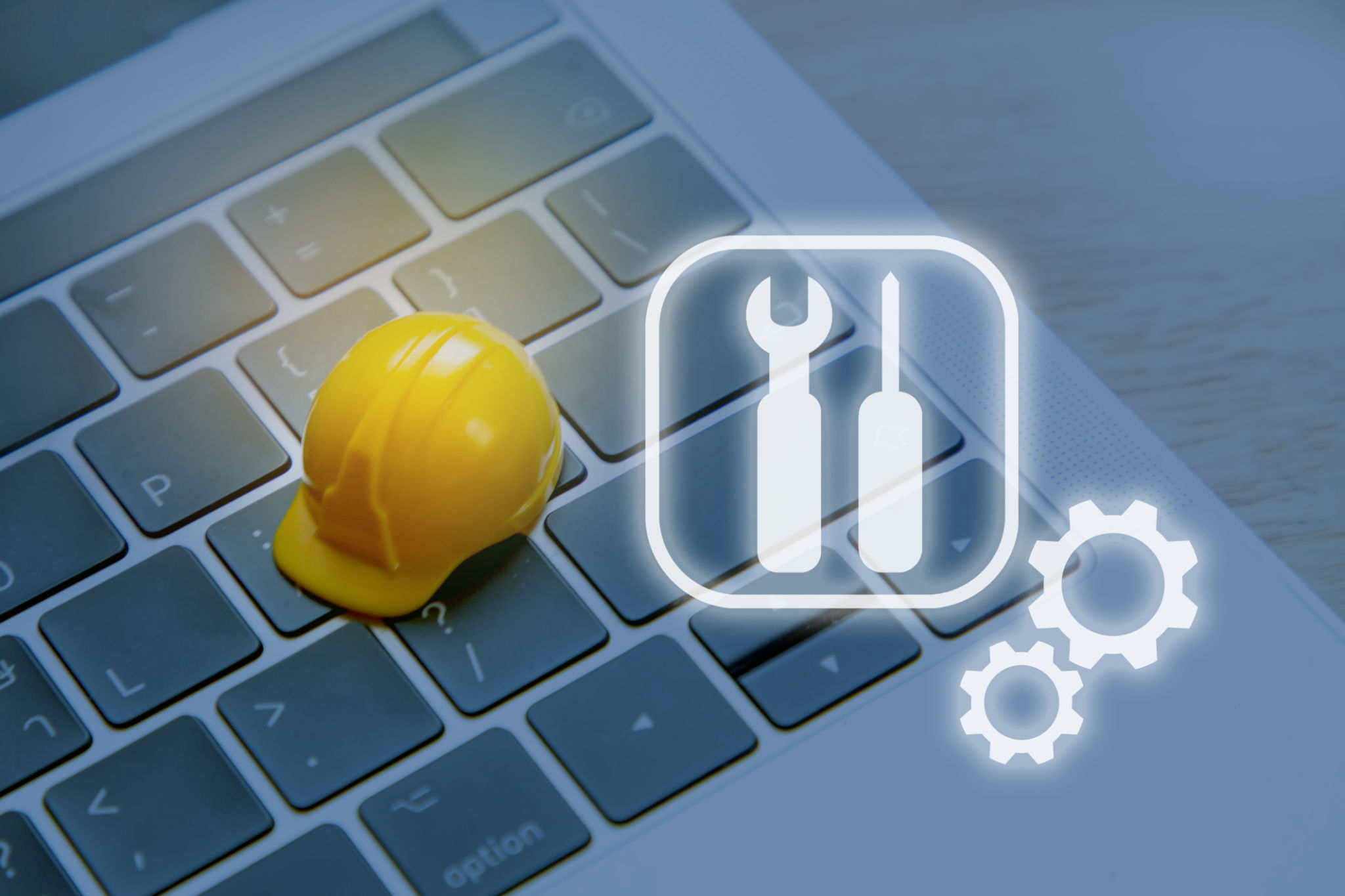Seasonal Maintenance Tips for Industrial Software Systems
Understanding the Importance of Seasonal Maintenance
In the world of industrial operations, software systems are the backbone that keeps everything running smoothly. Just as machinery requires regular maintenance to function optimally, so do the software systems that manage and control these machines. Seasonal maintenance is crucial to ensure that industrial software systems remain efficient, secure, and capable of supporting operational demands.
Regular maintenance helps in identifying potential issues before they escalate into significant problems. It also ensures that the software is up-to-date with the latest features and security patches. This proactive approach can save both time and money in the long run, preventing costly downtime and data breaches.

Preparing for Seasonal Changes
Every season brings its own set of challenges, which can affect the performance of industrial software systems. Preparing for these changes involves understanding how different environmental factors can impact your systems. For instance, winter months might pose heating challenges, while summer can bring cooling issues.
It's essential to conduct a comprehensive review of your software systems at least once a season. This review should focus on system performance, security updates, and hardware compatibility. By doing so, businesses can ensure that their systems are ready to handle any seasonal fluctuations in demand or environmental conditions.
Spring: A Time for Renewal
Spring is an ideal time to perform a thorough system audit. This involves checking for outdated software versions and installing necessary updates. It's also a good opportunity to clean up system logs and remove any unnecessary files that could be slowing down performance.

Summer: Keeping Systems Cool
With rising temperatures, summer can be tough on industrial systems. It's crucial to ensure that all cooling systems are functioning correctly to prevent overheating, which can lead to hardware failures. Additionally, review system backup protocols to ensure data integrity during power outages or surges.
Consider implementing automated monitoring tools that alert you to temperature spikes or system anomalies. These tools can provide real-time insights into system health, allowing for quick responses to potential issues.
Fall: Preparing for Peak Performance
As the year progresses into fall, many industries experience increased demand. This season is a perfect time to optimize system performance to handle higher loads efficiently. Fine-tuning databases, streamlining processes, and ensuring all software components are running smoothly can make a significant difference.

Winter: Ensuring Reliability
Winter can be unforgiving, with potential challenges such as power outages due to weather conditions. Ensure that backup power solutions are in place and functioning correctly to maintain system reliability. Regularly test these solutions to confirm they will perform when needed.
Lastly, review security protocols to protect against cyber threats, which can increase during holiday seasons. Implementing robust security measures and training staff on best practices can help safeguard your systems.
Conclusion: The Benefits of Regular Maintenance
By adopting a proactive approach to seasonal maintenance, businesses can ensure their industrial software systems remain reliable and efficient throughout the year. Regular maintenance not only extends the lifespan of these systems but also enhances their performance and security.
Investing time and resources into seasonal software maintenance may seem daunting, but the long-term benefits far outweigh the initial effort. By staying ahead of potential issues, companies can maintain smooth operations and gain a competitive edge in their respective industries.